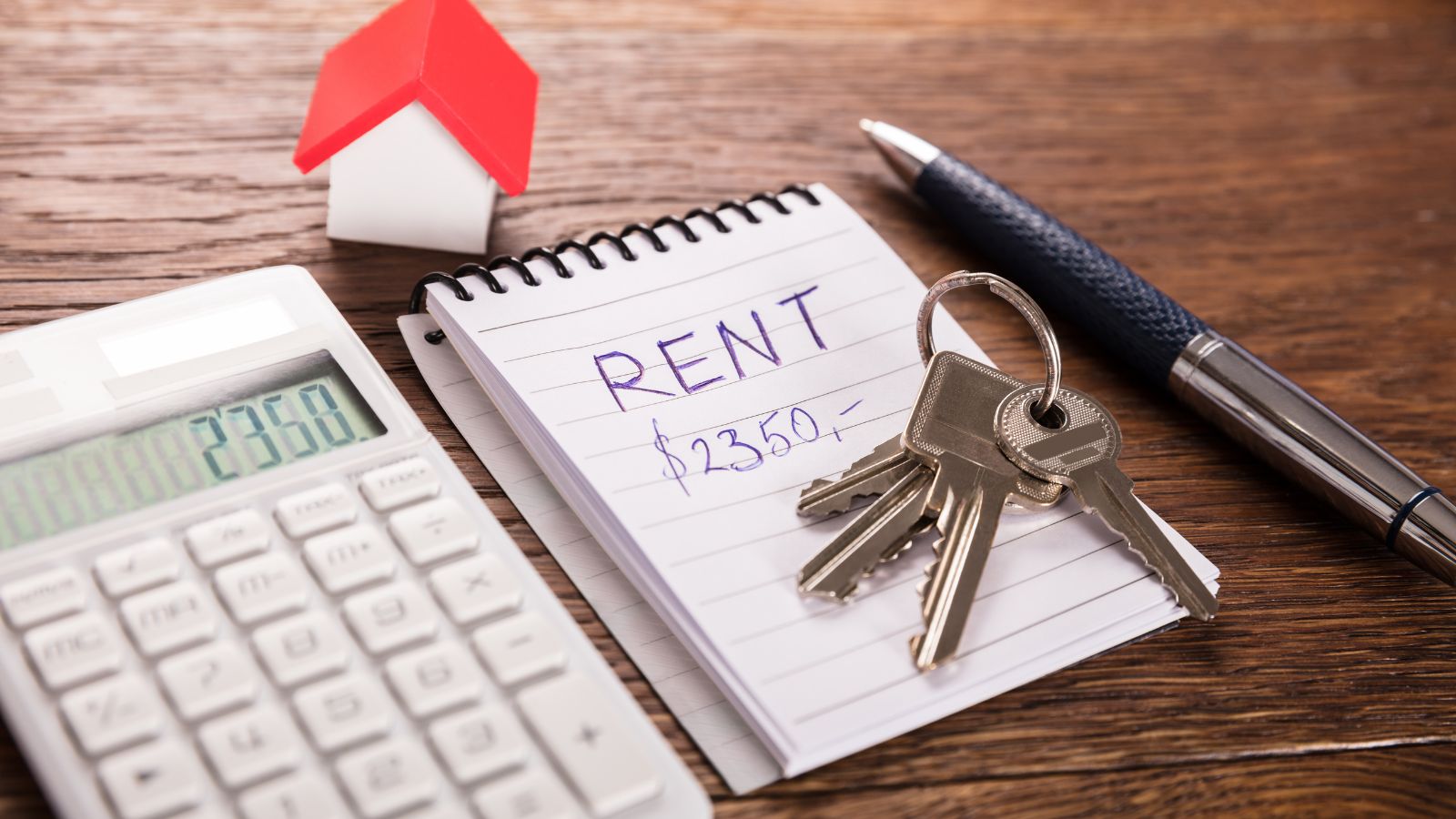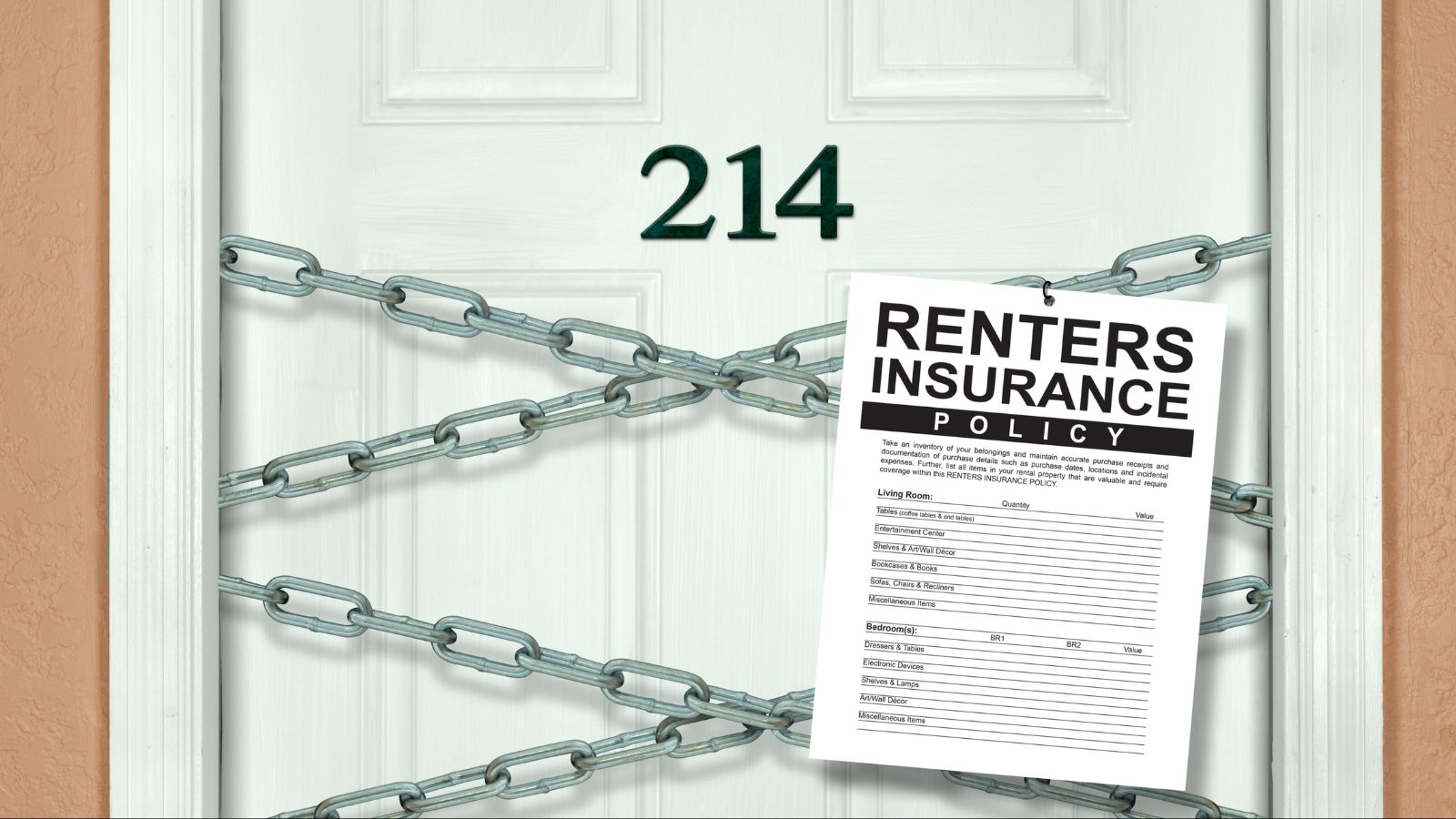In 2024, renters around the globe are feeling the pinch as rent prices continue to soar. While rent increases are nothing new, the pace and scale at which it’s happening have left many surprised. Several underlying factors have come together, making rent unaffordable for many, some of which may not be immediately obvious. Here are 18 surprising reasons why rent is becoming unaffordable this year:
Post-Pandemic Housing Demand Surge

The COVID-19 pandemic temporarily halted many aspects of life, including plans for upgrading to new homes. Many people moved away from cities in search of safety and space. However, as life gradually returns to normal, the trend reverses, with more people relocating to urban areas. This renewed demand for housing is driving up rental prices, making city living more expensive than before.
Inflation and Rising Living Costs

As the cost of essentials like groceries, utilities, and services rises, landlords also feel the pressure of increased expenses. To offset these costs, they raise rents, passing the burden onto renters. Inflation directly affects overall living costs, making it harder for renters to afford housing as prices climb, contributing significantly to the growing rent crisis.
Remote Work’s Unexpected Impact

The rise of remote work has ensured that people earn a higher salary in the comfort of their homes. This has shifted the focus of many people towards owning a better, more comfortable home in the city. As people migrate to put their higher salaries to use, the demand for houses increases, subsequently increasing rents in once-affordable areas.
Limited New Housing Construction

The construction of new living spaces has failed to keep pace with the increasing population and housing demand. This is because of regulatory hurdles and supply chain disruptions for construction materials. As a result, the limited availability of living spaces contributes to the affordability crisis.
High Construction Costs

Supply chain disruptions, labor shortages, and rising materials prices have caused construction costs to skyrocket. Builders, facing higher expenses, charge landlords more for new developments and renovations. In turn, landlords raise rents to recover their investment and maintain profitability. This cycle directly impacts renters, making housing more expensive and contributing to the affordability crisis.
Short-Term Rentals Driving Up Prices

Platforms like Airbnb and VRBO are treasure chests for landowners; however, they’re a nightmare for regular renters. Landowners use these platforms for short-term rentals because they offer higher revenue potential and flexibility. However, it reduces the number of long-term rental properties for regular renters. Thus driving the prices of available units much higher.
Investor-Driven Rental Markets

Large investment firms and private equity companies have started buying residential properties in many major cities. This has transformed the market into an investor-driven one, where the investors spike the rent for maximum returns. Consequently, affordable housing has become a dream for many.
Rising Property Taxes

As a country suffers from an economic crisis, local governments go through budget shortfalls, which cause them to increase taxes on many things, including property. Landowners have to pay this tax, but the burden ends up on the renter’s plate through higher rents.
Energy Efficiency Mandates

The governments are now enforcing stricter energy efficiency regulations to ensure a reduction in carbon emissions. These mandates require landowners to invest heavily in upgrades like insulation or energy-efficient appliances, which they recover by increasing rent.
Rent Control Backfiring

While rent control laws are intended to make housing more affordable, they can sometimes lead to higher rents. Stricter regulations may compel landlords to significantly increase rents when tenants move out to compensate for potential losses incurred during occupancy. Additionally, some landlords may opt to list their properties on short-term rental platforms like Airbnb to bypass regulations altogether. These actions can reduce the availability of long-term rental units, ultimately driving up costs for renters in the market.
Gentrification and Neighborhood Revitalization

The price of a property is closely tied to its desirability, which is often influenced by its visual appeal and overall neighborhood ambiance. This is particularly evident in housing markets, where gentrification and neighborhood revitalization can significantly impact property values. Long-term renters who can’t keep up with the rising costs suffer from these upgrades.
Rising Interest Rates

Central banks take drastic measures, such as raising interest rates, to tackle inflation. This makes it extremely difficult for families to buy homes, so they choose rentals for an extended period. This contributes to increased demand for rental properties, ultimately driving up prices.
Population Growth and Urbanization

Population growth has seen a steep rise in recent decades. This results in a more significant number of people looking for opportunities, especially in cities, to provide for their families. The widespread migration towards urban areas contributes to a limited housing supply, pushing rents even higher.
Migration Due to Climate Change

Floods, wildfires, and other climate-induced disasters force people to migrate to safer and more viable areas for their livelihoods. This contributes to a mass population looking for housing in those areas, increasing rents manifold.
Lack of Affordable Housing Programs

The rapid increase in population and the subsequent demand for housing has outpaced the government’s affordable housing programs. As a greater number of people apply for these programs, the waiting list has become years long. Additionally, the stock of available units is dwindling, making it inaccessible for people to have affordable living spaces.
Tech Boom in Certain Cities

Tech graduates earning higher salaries move to tech hubs like Austin, Seattle, and Denver. This flocking has caused a rental crisis as these high-income renters make the affordability of houses difficult for lower-income families in these areas.
Eviction Moratoriums Ending

During the COVID-19 pandemic, many governments enforced eviction moratoriums to protect renters. However, these policies are now expiring, and landowners are increasing rents to make up for the income lost during the pandemic years.
Aging Rental Stock

A significant portion of rental properties are aging and need substantial maintenance and renovations. People renting these properties have to bear the additional burden of repairs and upkeep in the form of high rents. This step of landowners further makes renting unaffordable.
Conclusion

Rents are skyrocketing in 2024 due to factors ranging from global economic trends to local policy changes. This issue is widespread, and there is no single solution, but to tackle this crisis, there should be a multifaceted approach that provides both short-term relief and long-term housing policy reforms. These 18 surprising reasons for rents becoming unaffordable can help renters understand the factors at play and can at least prepare them for what lies ahead.
18 Reasons Why People Are Leaving Florida in Masses

Exploring factors that impact the desirability of living in Florida, this list delves into various challenges shaping residents’ experiences. From environmental concerns like rising sea levels to economic factors such as fluctuating job markets, these issues collectively contribute to a nuanced understanding of the state’s appeal.
18 Reasons Why People Are Leaving Florida in Masses
